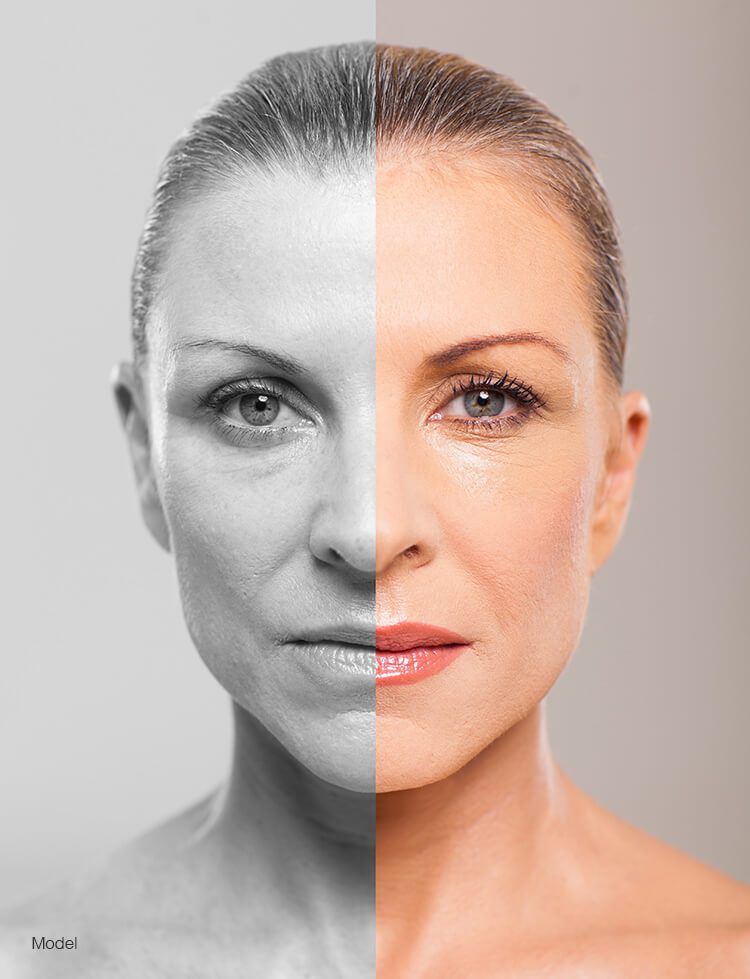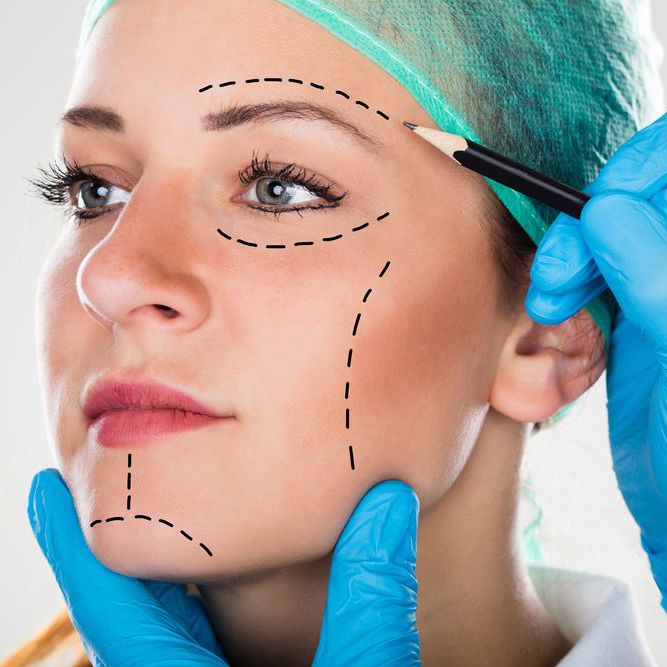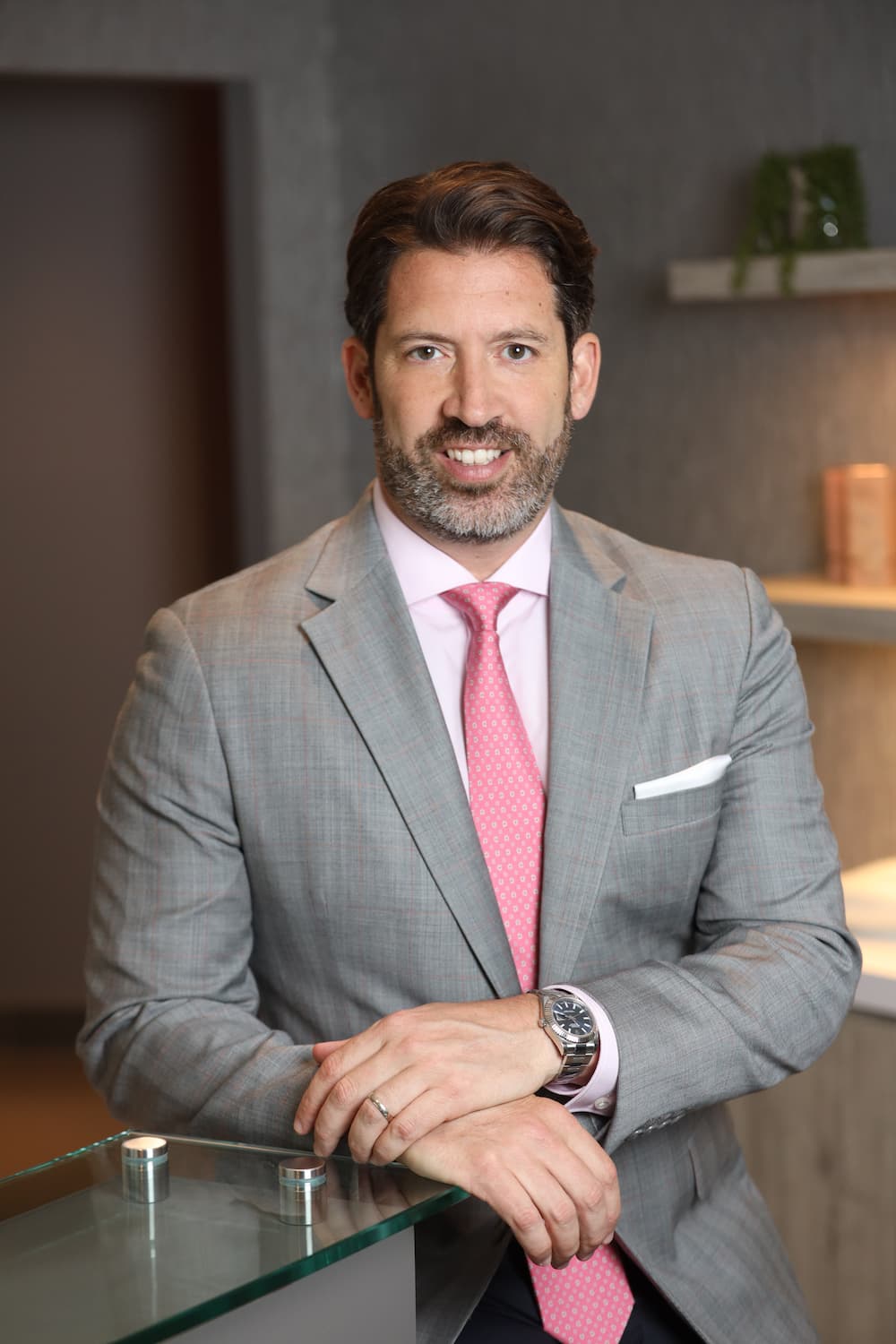Breast Augmentation Rancho Cucamonga: Accomplish Natural-Looking Enhancement with Top Surgeons
Exploring the Emotional and Social Elements That Drive People to Take Into Consideration Aesthetic Surgical Procedure as a way of Renovation
The choice to pursue cosmetic surgery commonly extends beyond plain appearances, intertwining with social and psychological characteristics that warrant detailed exam. Factors such as self-esteem, pervasive societal beauty requirements, and the pervasive impact of social networks merge to form specific motivations for medical improvement. As these impacts end up being increasingly prominent, comprehending the underlying emotional and social contexts is crucial. What continues to be to be discovered is the extensive effect these factors have not just on individuality yet also on more comprehensive social norms and values bordering elegance and acceptance.
The Duty of Self-confidence
Self-worth considerably influences an individual's choice to go after cosmetic surgical treatment. Individuals with low self-worth usually perceive themselves in an adverse light, leading to sensations of insufficiency regarding their physical appearance. This adverse self-perception can drive them to seek surgical treatments as a technique of enhancing their self-image. The need for enhancement in one's look is frequently linked to a belief that such modifications will certainly raise their total self-worth and confidence.

Inevitably, the function of self-esteem in the decision-making procedure relating to cosmetic surgical procedure highlights the intricate interaction in between body picture, personal fulfillment, and mental wellness. Comprehending this relationship is critical for medical care professionals to ensure that people are making educated decisions rooted in reasonable expectations and psychological wellness.
Social Appeal Standards
Influenced by prevalent media portrayals and cultural stories, societal beauty criteria play a critical function fit people' assumptions of their own bodies. These requirements are frequently characterized by an idealized kind of elegance that highlights characteristics such as youthful vigor, slimness, and balance. As these ideals are perpetuated via different channels, consisting of advertising and marketing, tv, and movie, individuals frequently internalize these messages, causing frustration with their natural appearance.
The effects of these societal standards prolong past aesthetic choices; they can influence self-worth, mental health, and interpersonal partnerships. People that regard themselves as falling brief of these requirements might experience sensations of insufficiency, prompting a desire for cosmetic surgery as a way of accomplishing societal approval. This quest is usually fueled by the idea that adhering to these perfects will certainly boost not just physical appearance however likewise social standing and individual gratification.

Impact of Social Media
The influence of social charm requirements is more enhanced by the rise of social media sites systems, where curated images and idealized representations of appeal are common. Individuals are regularly exposed to filteringed system and modified photos, which usually illustrate unattainable physical characteristics. This exposure cultivates a culture of comparison, leading people to assess their very own appearance against these commonly unrealistic benchmarks.
Social media influencers and celebrities regularly promote aesthetic procedures, stabilizing the concept that medical improvements are a viable means for achieving societal ideals (plastic surgery rancho cucamonga). The exposure of these improvements can create an assumption that undergoing cosmetic surgical treatment is a typical method, consequently affecting people to consider comparable treatments as a pathway to enhanced self-confidence and social acceptance
Moreover, the interactive nature of social networks enables immediate feedback with likes and comments, additionally strengthening the wish to comply with popular appeal criteria. Such communications can worsen sensations of inadequacy and drive people toward plastic surgery as a way of getting recognition. Inevitably, social media sites plays an essential role in forming assumptions of appeal, which significantly impacts the decision-making processes bordering cosmetic surgery.

Social Viewpoints on Appearance
Across different societies, perceptions of look are deeply rooted in historical, social, and financial contexts, forming people' views on appeal and charm. In numerous cultures, look offers as a substantial marker of identification, influencing click over here now social status, specialist chances, and individual relationships. For example, in some societies, light skin is often associated with wide range and privilege, while others may glorify darker skin tones as signs of strength and credibility.
Moreover, conventional charm criteria are usually continued through cultural narratives, media depictions, and household affects, bring about differing perfects throughout different areas (plastic surgery rancho cucamonga). In Western societies, the emphasis on youth and physical fitness usually drives people toward cosmetic improvement, while in certain Eastern societies, even more subtle adjustments aligned with standard looks might be favored
Globalization and the expansion of digital media have additionally complicated click this these dynamics, developing a hybridization of elegance perfects that goes beyond geographical borders. As people significantly browse these social stories, the stress to adapt to details appearance standards can lead to the need for plastic surgery, reflecting a complicated interplay of individual ambitions and cultural values. Comprehending these social viewpoints is crucial in attending to the inspirations behind plastic surgery considerations.
Mental Influences of Plastic Surgery
Lots of people seeking plastic surgery report experiencing extensive emotional influences that can dramatically change their self-perception and emotional well-being - plastic surgery rancho cucamonga. The need for physical improvement frequently stems from underlying concerns such as reduced self-confidence, body dysmorphic problem, or societal pressures concerning charm requirements. For some, the instant post-operative phase can lead to a short-lived boost in self-esteem and satisfaction with their appearance, cultivating a sense of empowerment
Nevertheless, these favorable feelings might not be sustaining. Study indicates that while some clients experience boosted self-worth, others may encounter increased anxiety or clinical depression if their expectations are not met. This disparity can develop from impractical suitables bolstered by media depiction and cultural narratives surrounding charm.
In addition, the psychological implications of cosmetic surgical treatment prolong past the individual. Relationships with family members and friends might be stressed as social dynamics shift, resulting in feelings of isolation or alienation. Inevitably, the emotional influences of plastic surgery are complex and complex, needing mindful factor to consider by both potential patients and health care providers to ensure enlightened decision-making and reasonable expectations.
Verdict
Finally, the decision to seek plastic surgery is considerably affected by a combination of self-confidence concerns, social beauty Recommended Reading standards, and social point of views on appearance. The prevalent reach of social networks further intensifies these stress, advertising unrealistic ideals that individuals typically make every effort to attain. Comprehending these psychological and social elements is vital for dealing with the motivations behind plastic surgery, highlighting the demand for a much more nuanced conversation surrounding charm and self-acceptance in modern culture.
The decision to go after cosmetic surgical treatment often prolongs past simple aesthetics, intertwining with social and psychological dynamics that warrant detailed assessment. Eventually, social media plays a pivotal function in shaping perceptions of appeal, which dramatically influences the decision-making processes bordering cosmetic surgical treatment.
As individuals significantly navigate these social stories, the stress to conform to certain look criteria can lead to the need for cosmetic surgery, showing an intricate interaction of individual aspirations and social worths.In final thought, the choice to seek cosmetic surgical treatment is dramatically influenced by a combination of self-confidence issues, societal elegance criteria, and social point of views on look. Understanding these social and emotional factors is vital for addressing the motivations behind cosmetic surgical procedure, highlighting the requirement for a much more nuanced conversation surrounding charm and self-acceptance in modern society.